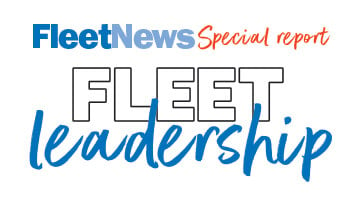The Association of Fleet Professionals (AFP) has published a revised ‘Tax and Regulation Manifesto’ ahead of the Budget on March 15.
Building on its first manifesto launched almost two years ago, new items added include greater support for electric vans, the introduction of a charge point regulator, alignment of public charging VAT with home charging at 5%, tax breaks for hydrogen use and the support of community charging projects to encourage local charger installation.
Paul Hollick, AFP chair, said: “As a campaigning industry body, the Tax and Regulation Manifesto represents the AFP’s core thinking.
“It is designed to focus on practical ideas, ranging from quite small detail alterations to major strategic shifts, around which we believe that change or definition is required to enable businesses to move forward with their fleet and mobility plans faster and more effectively.”
He explained: “Our 2021 Tax Manifesto was successful in that our number one request – to provide more information about future benefit-in-kind taxation – was achieved last year, almost exactly in line with our thinking.
“We believe this very much shows that the Government is listening to the fleet sector and we are hopeful that some of the ideas that we suggest here will ultimately be adopted.”
The manifesto is the result of several months of work by the AFP’s Future Mobility Steering Committee.
“We’ve been having wide-ranging discussions with our members and other interested parties about developing our original ideas in areas where we believe that the taxation of fleets and mobility needs changing or developing in order to create effective incentives, greater certainty and more fairness,” continued Hollick.
“Of the 21 points we suggest, several could be implemented quite easily, almost at the stroke of a pen. Others, such as the need for discussions around a road tolling plan, are very much strategic and part of longer-term shifts in policy.
“The results, which we believe are constructive, realistic and thought-provoking, are contained in this document. We’re releasing the manifesto now, just ahead of the Spring Budget, because this is when discussion around policy and fiscal measures affecting fleets are at their peak. We want the document to spark as much discussion as possible.”






















Login to comment
Comments
No comments have been made yet.